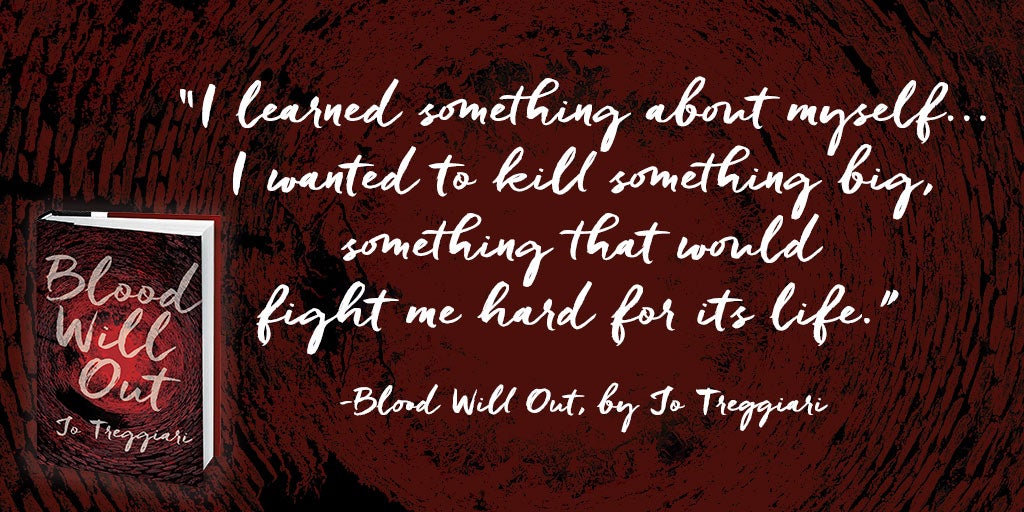
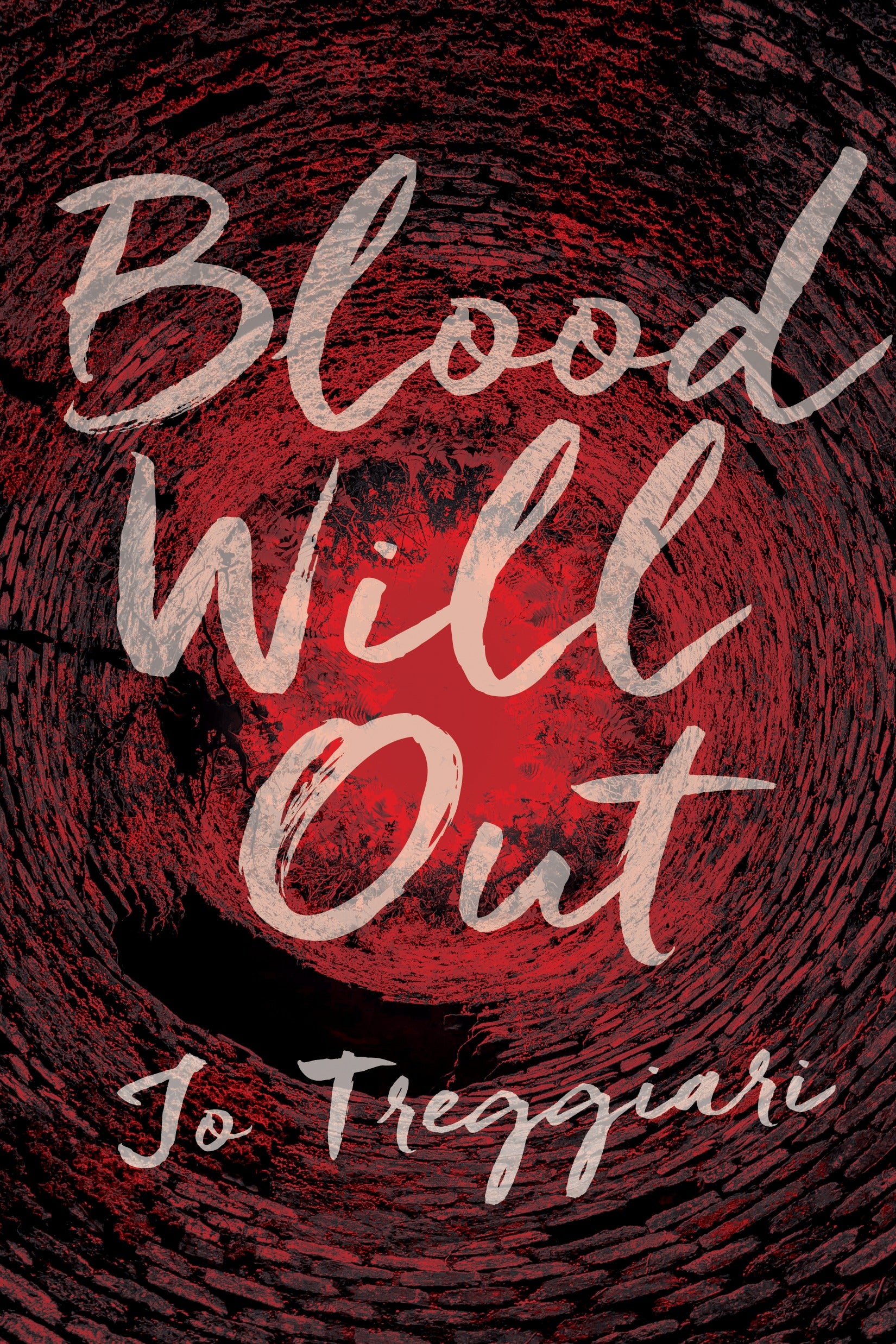 Blood Will Out
Blood Will Out
Jo Treggiari
Silence of the Lambs for teens – a gripping YA thriller that will keep you up all night reading!
Ari Sullivan is alive–for now.
She wakes at the bottom of a cistern, confused, injured and alone. No one can hear her screams. And the person who put her there is coming back. Told in alternating perspectives of predator and prey, Blood Will Out is a gripping addition to the YA horror genre, perfect for fans of There’s Someone Inside Your House and The Merciless.
Q&A with Jo Treggiari
What was the first scary book you ever read?
I’m sure it was either Carrie or It by Stephen King.
Why did you decide to write half of the book from the predator’s perspective?
Can I be creepy and say that the fledgling serial killer started to speak to me and demanded that I tell their story?
What books did you consult while working on Blood Will Out?
I read biographies and true crime books on John Wayne Gacy, Jeffrey Dahmer, Ted Bundy and Ed Gein.
What books do you think Ari would read?
Before the action in the book takes place, I think she probably read Jane Austen and romantic YA. Afterwards, she probably read books about survival, weapon-making and criminal psychology.
What are you reading now?
Like everyone else I am reading Children Of Blood and Bone by Tomi Adeyemi.
ABOUT THE AUTHOR
 JO TREGGIARI was born in England and raised in Canada. She spent many years in San Francisco and New York, where she trained as a boxer, wrote for punk magazines and owned a successful gangster rap/indie rock record label. She now lives in Nova Scotia where she co-owns a carefully curated, community-active bookstore, Lexicon Books.
JO TREGGIARI was born in England and raised in Canada. She spent many years in San Francisco and New York, where she trained as a boxer, wrote for punk magazines and owned a successful gangster rap/indie rock record label. She now lives in Nova Scotia where she co-owns a carefully curated, community-active bookstore, Lexicon Books.
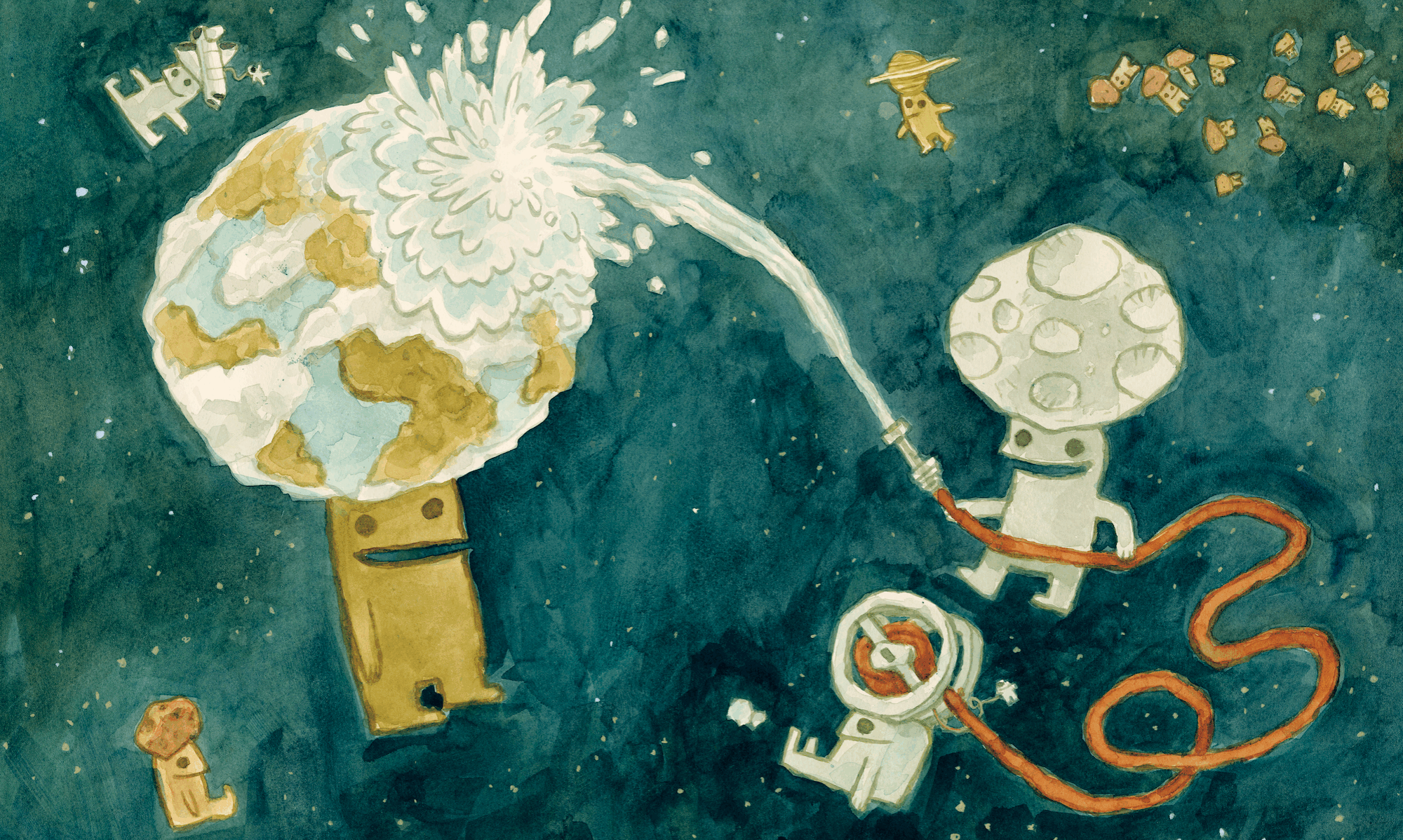

 Where did the idea for this story come from?
Where did the idea for this story come from?
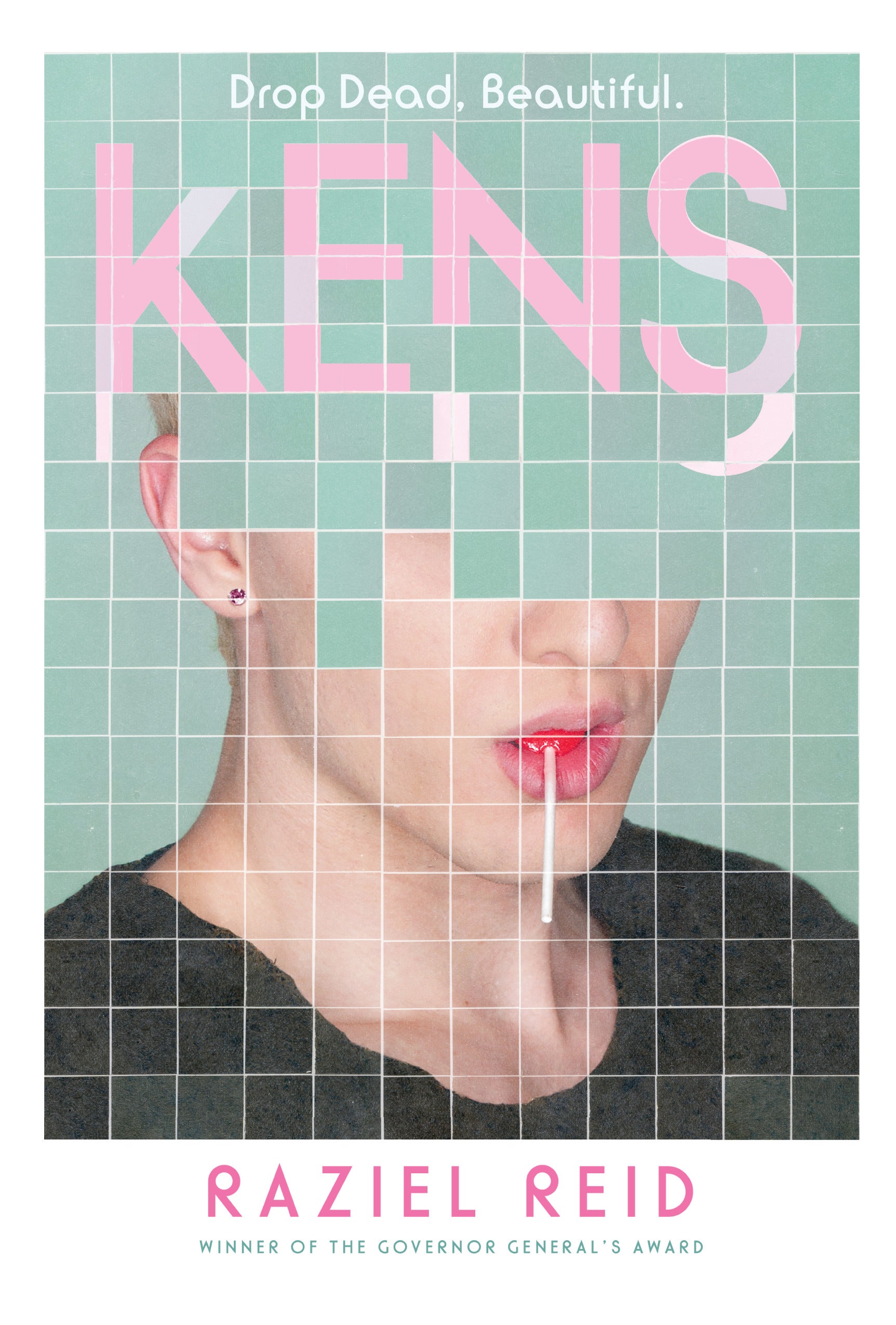
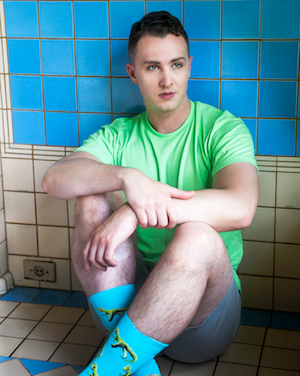 What does Kens mean to you?
What does Kens mean to you?